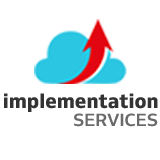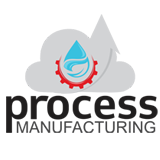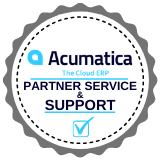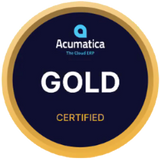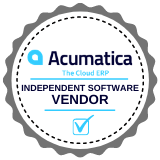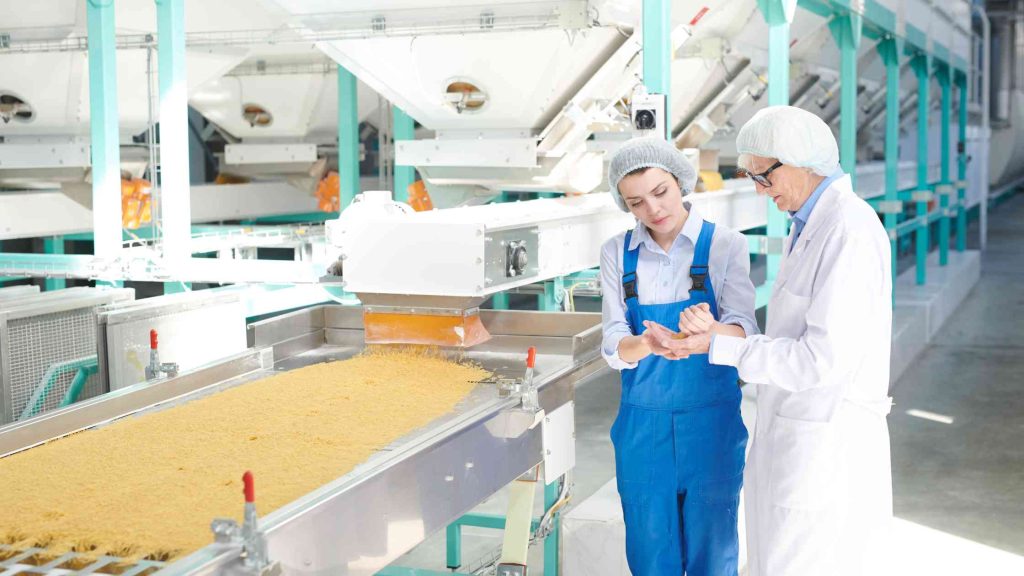Enterprise Resource Planning (ERP) systems have become essential tools for businesses across various industries. That includes the food processing and manufacturing industry. An ERP system integrates different business processes, such as inventory management, & production planning. And financial management and customer relationship management into a single platform, making it easier for businesses to manage their operations. However, implementing ERP systems in the food processing manufacturing industry has unique challenges.
Challenges in implementing ERP in the Food Processing Manufacturing Industry
Regulatory Compliance: The food processing manufacturing industry is subject to strict regulations and guidelines. That is to ensure the safety and quality of food products. Implementing an ERP system that meets regulatory requirements can be a challenge. The system must track and monitor food quality and safety. And compliance with food labeling regulations and adherence to strict reporting requirements.
Complex Supply Chain: The food processing manufacturing industry has a complex supply chain that involves multiple stages, from procuring raw materials to delivering finished products. An ERP system must be able to manage the supply chain and provide real-time information to stakeholders about inventory levels, order status, and delivery schedules.
Product Traceability: Product traceability is crucial in the food processing manufacturing industry. In the event of a recall or contamination, the source of the problem must be traced quickly to prevent further harm. An ERP system must be able to track the movement of products through the supply chain and provide real-time information to stakeholders.
Integration with Legacy Systems: Many food processing manufacturing companies have legacy systems that require more support to integrate with new ERP systems. The integration process can be time-consuming and costly and may require significant changes to the existing IT infrastructure.
Benefits of ERP in the Food Processing Manufacturing Industry
- Improved Efficiency: ERP systems can streamline business processes and reduce manual tasks, improving efficiency and productivity. The system can automate tasks such as data entry, inventory management, and production planning, freeing time for employees to focus on other tasks.
- Increased Visibility: ERP systems provide real-time data that enables stakeholders to make informed decisions. The system can provide information on inventory levels, production schedules, and sales trends, allowing businesses to make strategic decisions and respond quickly to changing market conditions.
- Enhanced Collaboration: ERP systems can improve collaboration between different departments and stakeholders. The system provides a single source of truth, ensuring that everyone is working with the same data. Collaboration between production, sales, and finance departments can improve efficiency and reduce errors.
- Improved Customer Service: ERP systems can improve customer service by providing real-time information on order status, delivery schedules, and inventory levels. The system can also track customer interactions, providing insight into customer needs and preferences.
Implementing an ERP system in the food processing manufacturing industry has unique challenges. However, the system’s benefits, such as improved efficiency, increased visibility, enhanced collaboration, and improved customer service, can far outweigh the challenges. To successfully implement an ERP system, businesses must ensure that the system meets regulatory requirements, can manage the complex supply chain, provides product traceability, and can integrate with legacy systems.
Here are four frequently asked questions (FAQs) about food manufacturing:
What is food manufacturing?
Food manufacturing refers to transforming raw ingredients into finished food products. This process typically involves multiple steps: cleaning, cutting, cooking, packaging, and labeling. Food manufacturing companies may specialize in producing a particular type of food product, such as dairy products, baked goods, or packaged snacks.
What are the safety regulations for food manufacturing?
Food manufacturing is subject to strict safety regulations to ensure food products are safe for consumption. These regulations vary by country but typically cover hygiene, sanitation, labeling, and food additives. In the United States, for example, the Food and Drug Administration (FDA) regulates food safety through the Food Safety Modernization Act, which sets standards for preventive controls, food safety plans, and hazard analysis.
What are the challenges facing the food manufacturing industry?
The food manufacturing industry faces several challenges, including rising costs of raw materials, changing consumer preferences, and increasing competition. Other challenges include:
- Maintaining product quality and safety.
- Managing supply chain complexity.
- Keeping up with regulatory changes.
Additionally, food manufacturing companies must adapt to technological advances, such as automation and digitization, to remain competitive.
What are some sustainable practices in food manufacturing?
Sustainability is evolving as an increasingly significant concern in the food manufacturing enterprise. Some sustainable practices include reducing food waste by improving supply chain efficiency, using renewable energy sources to power manufacturing facilities, and using eco-friendly packaging materials.
Other practices include implementing water conservation measures, reducing greenhouse gas emissions, and sourcing raw materials from sustainable suppliers. Many food manufacturing companies are also investing in sustainable agriculture practices to ensure the long-term viability of their supply chains. Contact us for a customized ERP.

Sangeetha brings 20 years of experience in Information Technology which includes Solution architecting, building micro services, research, and evaluation of business applications, integrating apps.





